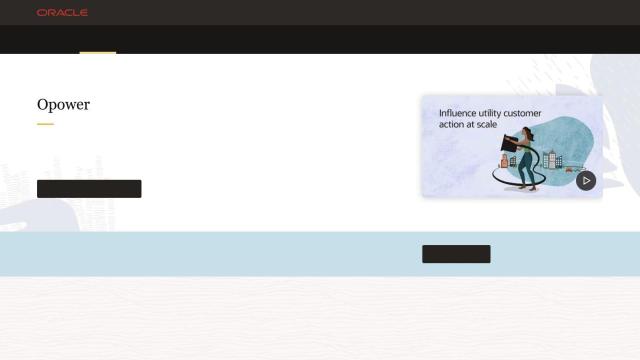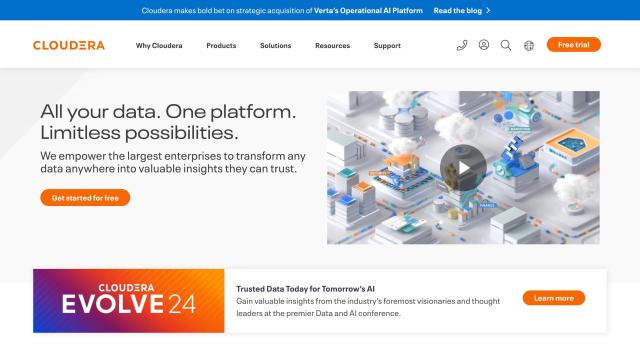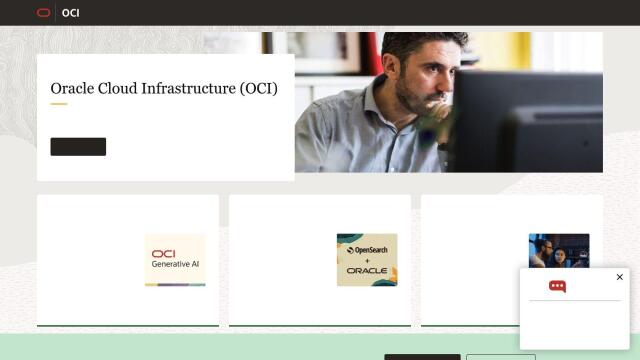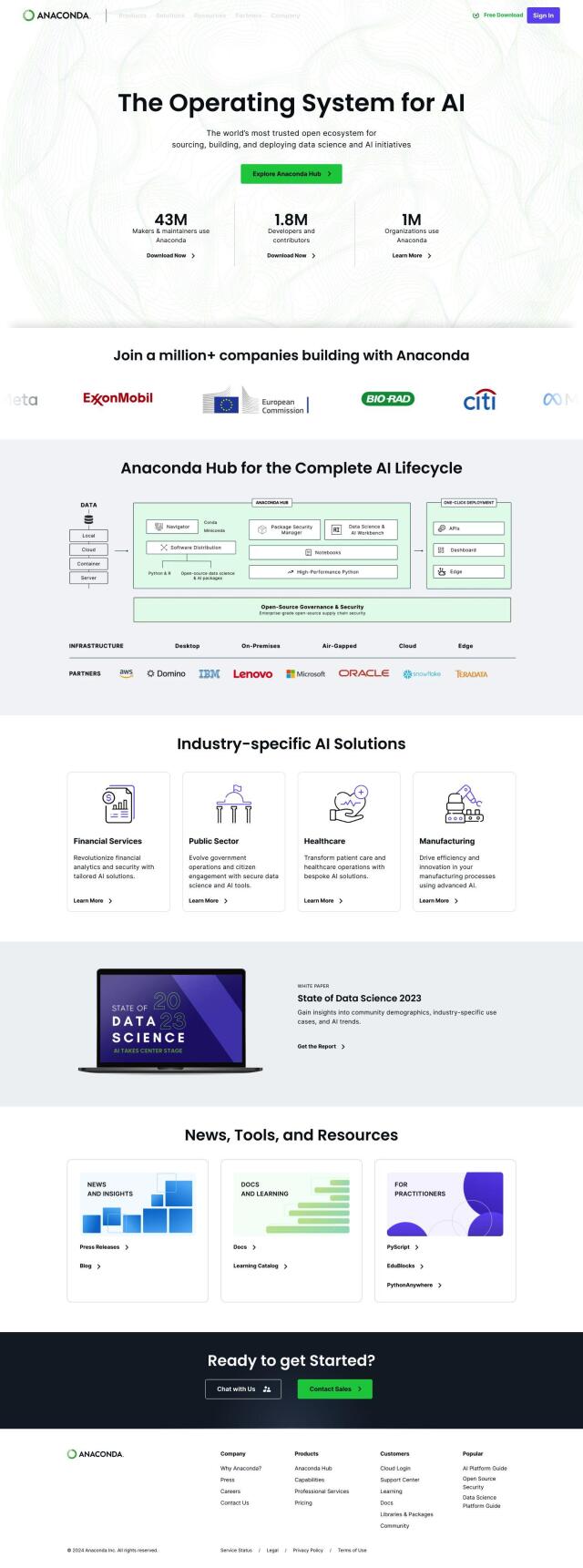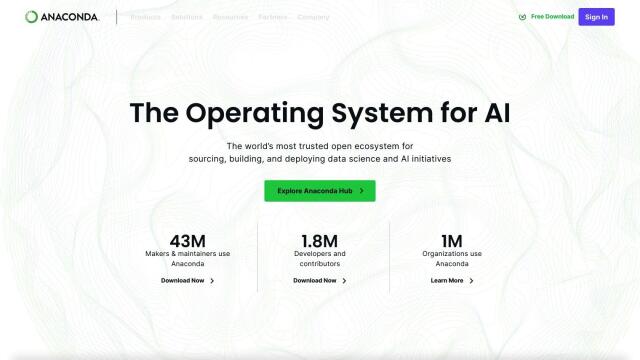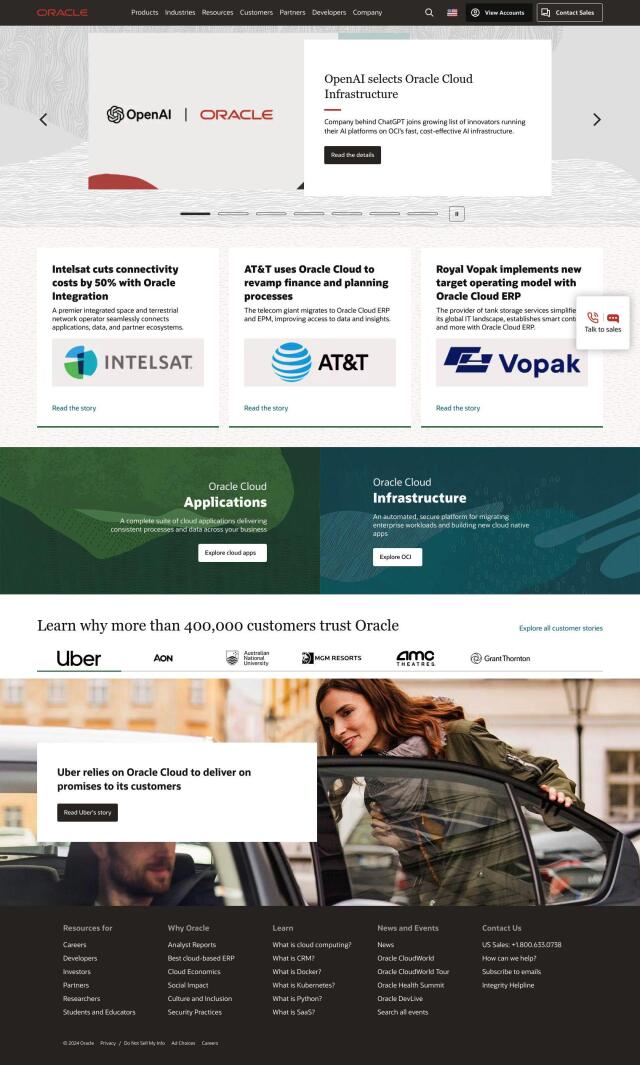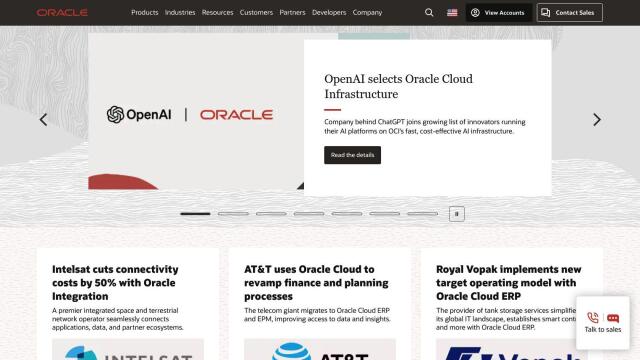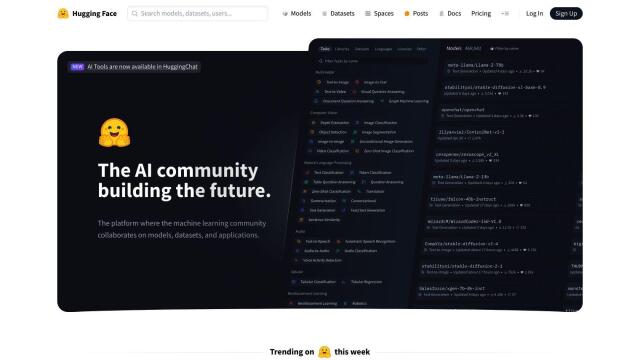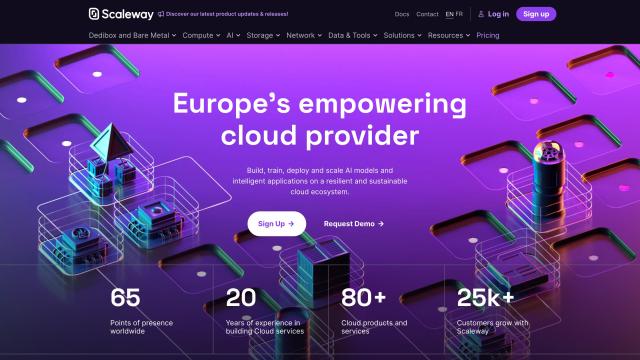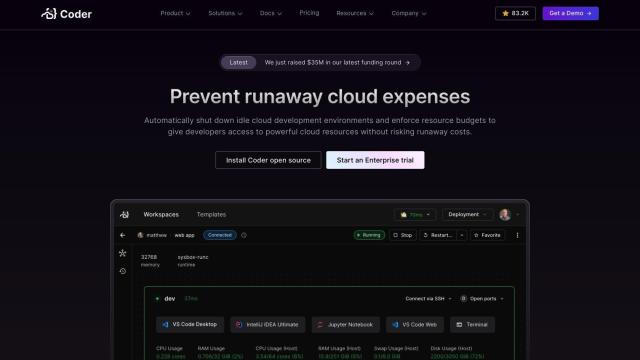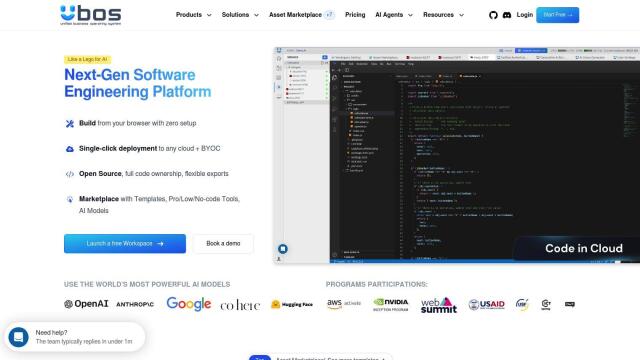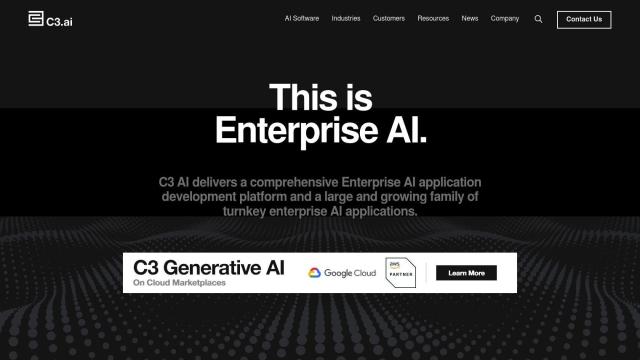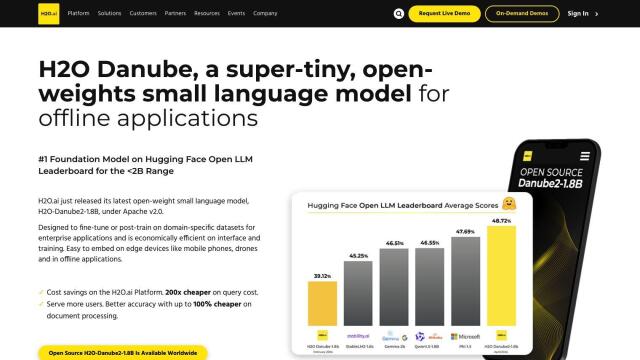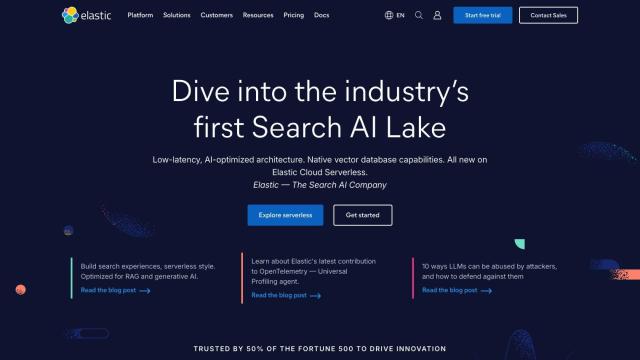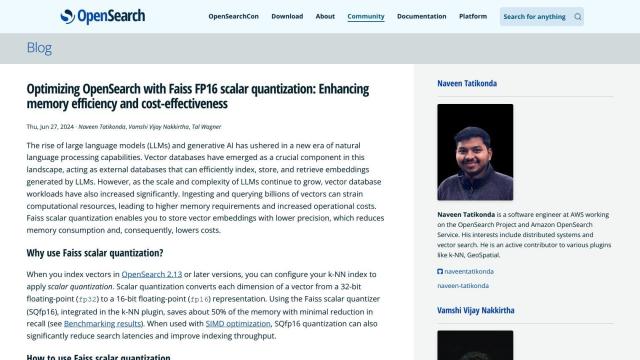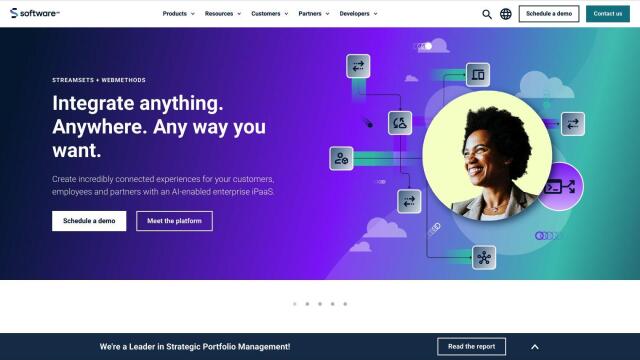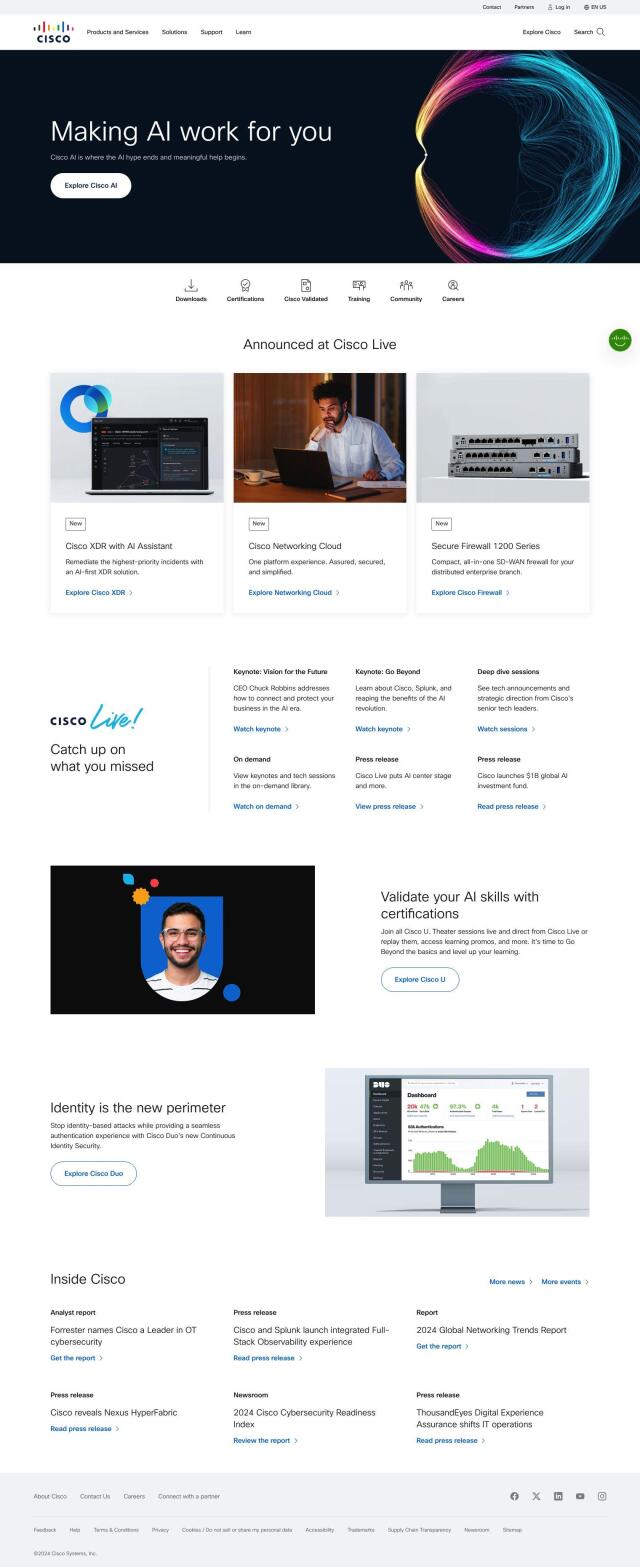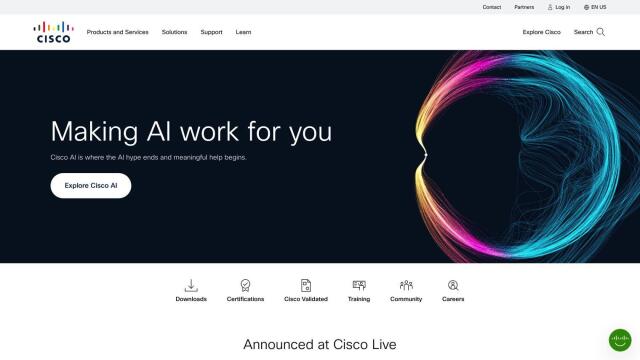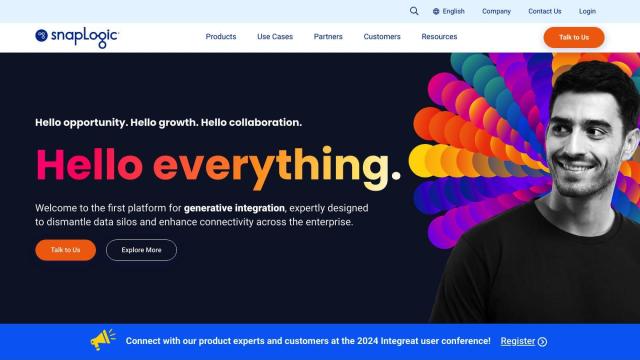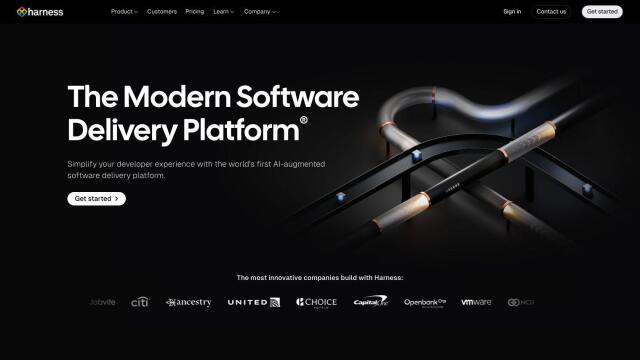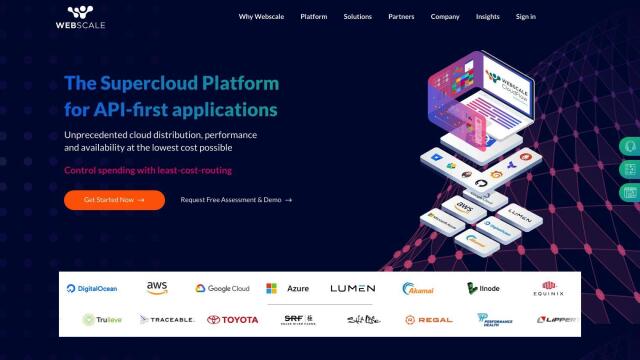Question: Is there a provider that offers a comprehensive suite of open source solutions for cloud adoption, application development, and AI integration?

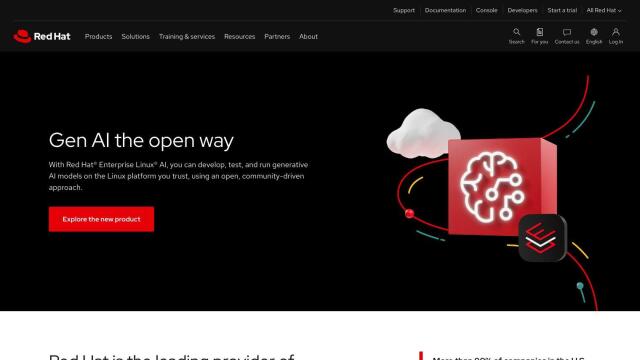
Red Hat
If you want a broad suite of open source tools for cloud computing, app development and AI, Red Hat is a good choice. Red Hat's suite of enterprise open source tools includes Red Hat Enterprise Linux, Red Hat OpenShift and Red Hat Ansible Automation Platform. That can help customers quickly and cheaply deliver IT services on whatever infrastructure they need. Red Hat also has AI-specific tools like Red Hat Enterprise Linux AI and Red Hat OpenShift AI to help with developing, testing, running and managing AI models and applications.

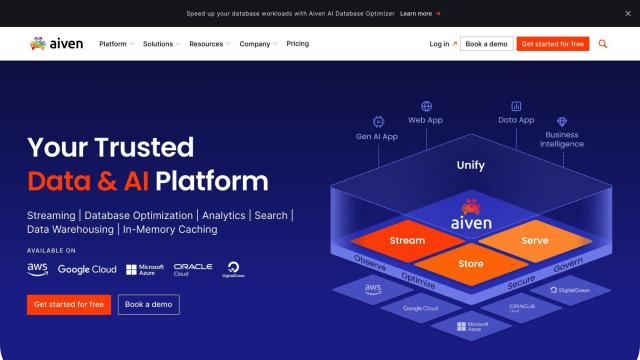
Aiven
Another contender is Aiven, a single, cloud-agnostic platform to manage cloud data infrastructure. Aiven supports a range of open-source tools like Apache Kafka, PostgreSQL and OpenSearch, and offers services for streaming, storing and serving data on multiple clouds, including AWS, Google and Azure. It's geared for companies that want to simplify data infrastructure management, speed up app development and cut cloud costs.
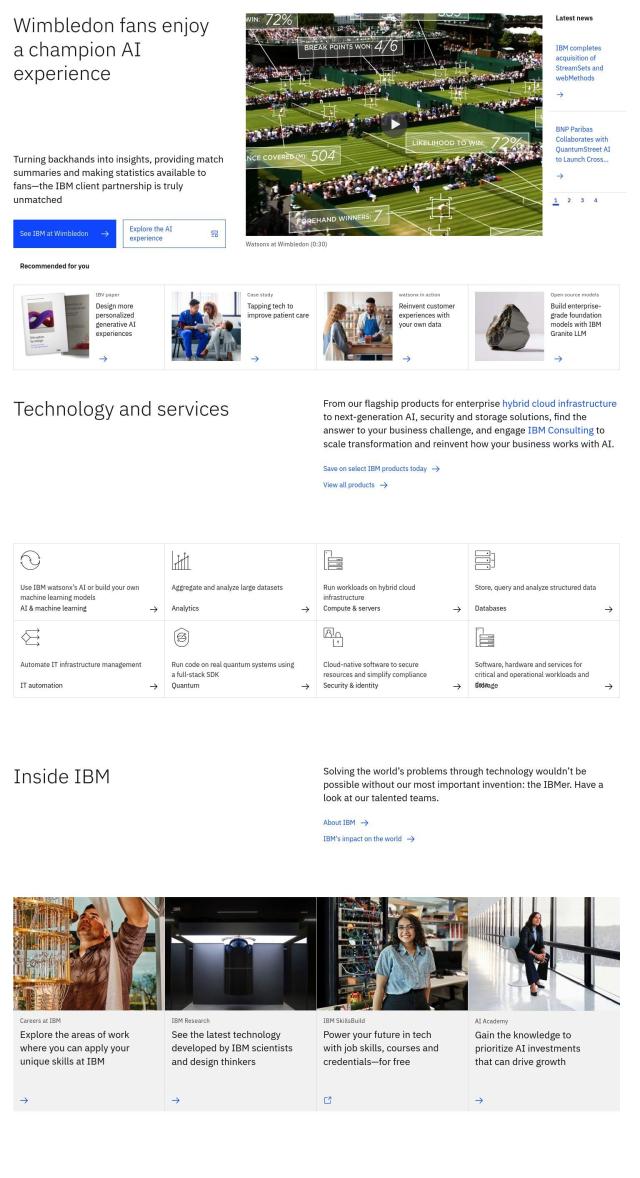

IBM
If you want a hybrid cloud strategy, IBM has a wide range of tools and services, including AI and machine learning, analytics, compute and servers, databases, IT automation and security. IBM's services are designed to help companies grow and transform through transformation, with an open interoperability and data portability across environments. Its IBM Garage approach is also user-centered and data-driven to deliver business value.

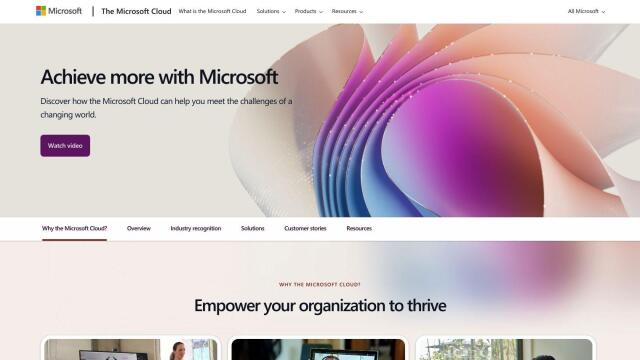
Microsoft Cloud
Last, Microsoft Cloud offers a unified, integrated and open cloud foundation for companies in six areas: security, infrastructure, digital and app innovation, data and AI, business applications and modern work. The foundation includes trusted security, industry-specific modular solutions and tools for digital and app innovation, making it a good choice for companies that want to get the most out of their cloud investment with big cost savings and productivity improvements.

